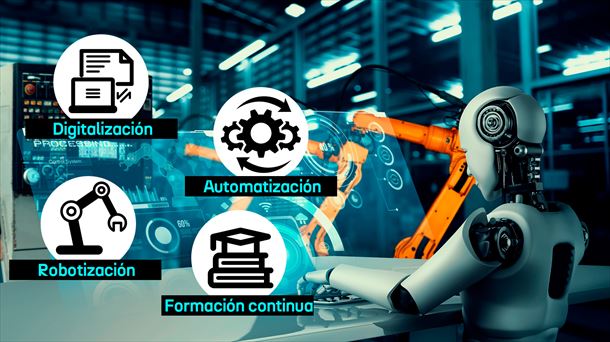The country will have to confirm in elections next Sunday whether it is risking the left-wing recipe of the poll favorite Petro or betting on the continuity of ‘Fico’
Colombia will decide who will be the next president during the polls on Sunday, May 29. Change or continuity are the suggested paths to take after four years of stagnation by the bad government of Iván Duque. The candidates have already exhausted all promises and the false news and disqualifications have hit rock bottom. Change the face of the country, consolidate peace treaties, end corruption, create jobs, guarantee pensions for the elderly and minimum wages for those who never contributed, more social justice, more centers of education, curb poverty and inequality. The candidates have sworn their word by promising everything that could be promised. The country is facing a delicate moment.
Until last week, all polls predicted a close duel between the representative of the left, Gustavo Petro, and the leader of the centre-right, Federico Gutiérrez. The two former mayors, Petro from the Colombian capital (Bogotá), and Fico, from the country’s second most important region (Medellín), became the favourites. Until the phenomenon of Rodolfo Hernández rears its head, the oldest of them all who, at the age of 77, appears to be calling the elections for a second round to take place on 11 June. Many analysts believe that Hernández’s candidacy is a joke, they don’t call him “the old man of TikTok” for nothing, but his main motto of fighting corruption has also increased his options.
If a few weeks ago the general opinion voted that Petro would win in the first round, today the bets have changed. A day after they cast their vote, Colombians are left guessing about the president for the next four years. Nearly 40% of voters would choose Petro. 25% to Fico Gutiérrez, and the surprise is that Rodolfo Hernández has approached 20%, according to the latest survey from the National Consulting Center (CNC).
The fact that Petro and Gutiérrez are the top candidates represents the polarization of a country characterized by governments of right-wing parties, pure oligarchy, which has long been in power in Colombia. Some analysts speak of a right that has “kidnapped” democracy, a term that embraces what the political situation in Colombia has been like in recent years. Since the de facto government of General Gustavo Rojas Pinillas (1953-1957), the liberal and conservative parties concluded a pact, the National Front, through which they alternated the presidency until 1974, allowing the transition from military government to bipartisan democratic government. became. system where everything that sounded like liberal ideas of the social democracy installed in other countries seemed to be banned even in the vocabulary. Left is gone. It was a minority. He belonged to university students with communist and socialist ideologies, and to guerrilla groups such as the M-19, to which a young Gustavo Petro belonged.
Little by little, the 1991 Constitution put leftist parties on the political stage, while at the same time increasing the violence of the FARC and ELN guerrilla fighters and, of course, the semblance of drug trafficking. Subsequently, the far-right parties presented themselves as a necessity to smooth out the situation of rural farmers and rural businessmen, who were severely affected by the violent actions of the guerrilla groups and paramilitaries, who were then supported. by political parties such as Democratic Center and Radical Change. As a result, these parties gained a majority in Congress and created a situation in which they took over the governors and mayors of the most prominent regions. Behind everything was always Álvaro Uribe, who ruled the country for eight years and provoked a period of twenty consecutive years of right-wing rule. Today, many Colombians see in Fico Gutiérrez the continuity of this mechanism that has prevented Colombia from developing the peace treaty, and violence and corruption remain on the agenda of all candidates.
The appearance of Gustavo Petro, with a project to improve Colombia through the idea that its citizens can live a better life, deters the right that is afraid of losing power. Hence the accusations that Colombia will be a new Venezuela if Petro is the chosen one. The populist discourse has not been valid to change the polls. It will not be known until Sunday whether it has served Colombia to vote for fear of change or to bet on a progressive left-wing government for the first time.
Source: La Verdad
I am an experienced and passionate journalist with a strong track record in news website reporting. I specialize in technology coverage, breaking stories on the latest developments and trends from around the world. Working for Today Times Live has given me the opportunity to write thought-provoking pieces that have caught the attention of many readers.



